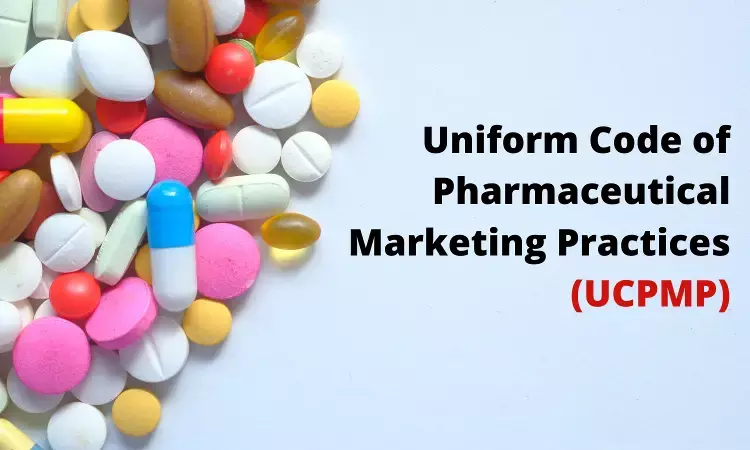- Home
- Medical news & Guidelines
- Anesthesiology
- Cardiology and CTVS
- Critical Care
- Dentistry
- Dermatology
- Diabetes and Endocrinology
- ENT
- Gastroenterology
- Medicine
- Nephrology
- Neurology
- Obstretics-Gynaecology
- Oncology
- Ophthalmology
- Orthopaedics
- Pediatrics-Neonatology
- Psychiatry
- Pulmonology
- Radiology
- Surgery
- Urology
- Laboratory Medicine
- Diet
- Nursing
- Paramedical
- Physiotherapy
- Health news
- Fact Check
- Bone Health Fact Check
- Brain Health Fact Check
- Cancer Related Fact Check
- Child Care Fact Check
- Dental and oral health fact check
- Diabetes and metabolic health fact check
- Diet and Nutrition Fact Check
- Eye and ENT Care Fact Check
- Fitness fact check
- Gut health fact check
- Heart health fact check
- Kidney health fact check
- Medical education fact check
- Men's health fact check
- Respiratory fact check
- Skin and hair care fact check
- Vaccine and Immunization fact check
- Women's health fact check
- AYUSH
- State News
- Andaman and Nicobar Islands
- Andhra Pradesh
- Arunachal Pradesh
- Assam
- Bihar
- Chandigarh
- Chattisgarh
- Dadra and Nagar Haveli
- Daman and Diu
- Delhi
- Goa
- Gujarat
- Haryana
- Himachal Pradesh
- Jammu & Kashmir
- Jharkhand
- Karnataka
- Kerala
- Ladakh
- Lakshadweep
- Madhya Pradesh
- Maharashtra
- Manipur
- Meghalaya
- Mizoram
- Nagaland
- Odisha
- Puducherry
- Punjab
- Rajasthan
- Sikkim
- Tamil Nadu
- Telangana
- Tripura
- Uttar Pradesh
- Uttrakhand
- West Bengal
- Medical Education
- Industry
UCPMP 2024: Govt Details Stricter Rules to Curb Gifts, Incentives from Pharma to Doctors

New Delhi: During the last five years, a total of seven complaints were received under the Uniform Code of Pharmaceutical Marketing Practices (UCPMP), 2015 and UCPMP, 2024, which were disposed of in accordance with the provisions of UCPMP. In these cases, a company was reprimanded in one case for offering incentives like travel and hospitality to doctors and details were published on the website of the Department of Pharmaceuticals, the Union Government informed the Lok Sabha.
Responding to a query raised by Bapi Haldar in the Lok Sabha, Minister of State for Chemicals and Fertilizers Anupriya Patel outlined the legal and regulatory measures in place to curb unethical marketing practices by pharmaceutical companies. Haldar had sought details on violations of the Uniform Code of Pharmaceutical Marketing Practices (UCPMP) over the last five years, the action taken, plans to review its efficacy, any proposal to make it legally binding, mechanisms for disclosure of doctor–pharma financial relationships, and steps to curb unethical marketing practices.
Under the Drugs and Magic Remedies (Objectionable Advertisements) Act, 1954, advertising of any drug for diagnosis, cure, mitigation, treatment or prevention of any disease, disorder or condition specified in the Act’s Schedule is prohibited. “The said Schedule covers most of the prevalent diseases, disorders and conditions and, therefore, pharmaceutical companies are required to rely on doctors to promote their products,” the reply stated.
The Indian Medical Council (Professional Conduct, Etiquette and Ethics) Regulations, 2002 prohibit doctors from receiving any gift, cash, monetary grants, travel facilities or hospitality from pharmaceutical or allied healthcare industries. Penalties under these regulations range from censure to removal from the Indian Medical Register or the State Medical Register for periods of three months, six months, one year or more, depending on the value of the benefit received.
Under Section 37 of the Income-tax Act, 1961, any expenditure on such benefits in violation of the IMC Regulations is disallowed as a tax deduction for companies.
The Department of Pharmaceuticals issued the Uniform Code of Pharmaceutical Marketing Practices (UCPMP) in 2015, which has now been replaced with UCPMP, 2024 after a review by a High-Level Committee and stakeholder consultations. The Committee observed that the Code need not be made statutory due to the existing legal framework under the IMC Regulations, 2002.
“UCPMP, 2024 explicitly prohibits the offering of gifts and incentives such as monetary grants, travel facilities and hospitality to doctors or their family members. The prohibitions are backed by penalties, which may include recovery of money or items from the persons concerned, reprimand for the pharmaceutical entity and the publication of full details thereof,” the Government said.
The updated Code also requires disclosure of expenditures on continuing medical education/professional development events and the value of free samples given to doctors. Under the IMC Regulations, doctors must disclose funding sources and any affiliations or professional roles with the pharmaceutical or allied healthcare industries.
Prescription integrity is additionally safeguarded under sub-rule (11A) of rule 65 of the Drugs Rules, 1945, which provides that a pharmacist or any other person dispensing a prescription containing Schedule H, H1, or X drugs cannot substitute the prescribed drug with any other preparation.
“These measures collectively aim to curb unethical marketing practices, promote rational prescription, and safeguard public health interests,” the Minister emphasised.
M. Pharm (Pharmaceutics)
Parthika Patel has completed her Graduated B.Pharm from SSR COLLEGE OF PHARMACY and done M.Pharm in Pharmaceutics. She can be contacted at editorial@medicaldialogues.in. Contact no. 011-43720751


